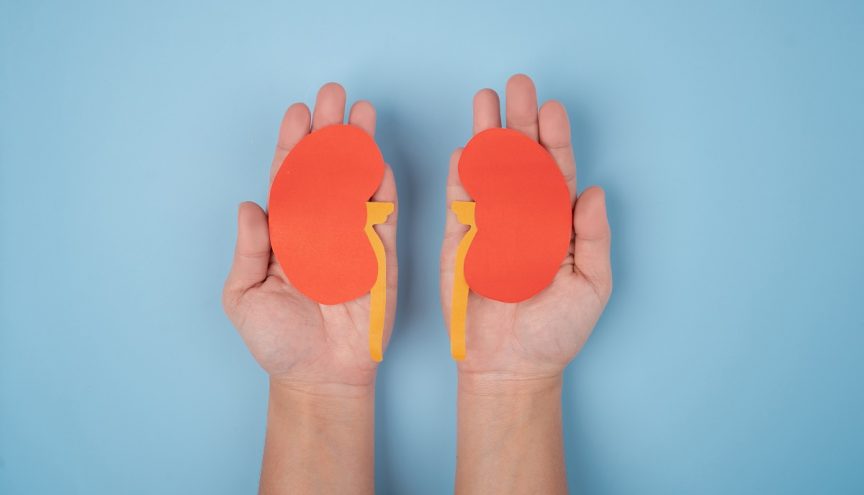There is an association between sleep onset timing and the risk of developing cardiovascular disease (CVD), according to a study published online Nov. 9 in the European Heart Journal: Digital Health.
Shahram Nikbakhtian, from Huma Therapeutics in London, and colleagues examined the association between wrist-worn accelerometer-derived sleep onset timing and CVD. Accelerometer data were collected from 103,712 U.K. Biobank participants over a period of seven days.
The researchers found that during a mean follow-up of 5.7 years, there were 3,172 cases of CVD reported. Sleep-onset time of 10.00 p.m. to 10.59 p.m. was associated with the lowest CVD incidence in an age- and sex-controlled base analysis. This association was not attenuated in an additional model, controlling for sleep duration, sleep irregularity, and established CVD risk factors, yielding hazard ratios of 1.24, 1.12, and 1.25 for <10.00 p.m., 11.00 to 11.59 p.m., and ≥12.00 a.m. compared with 10.00 p.m. to 10.59 p.m. The association with increased CVD risk was stronger in women; for men, only sleep <10.00 p.m. was significant.
“Our study indicates that the optimum time to go to sleep is at a specific point in the body’s 24-hour cycle and deviations may be detrimental to health,” a coauthor said in a statement. “The riskiest time was after midnight, potentially because it may reduce the likelihood of seeing morning light, which resets the body clock.”
Several authors are employees of Human Therapeutics.

